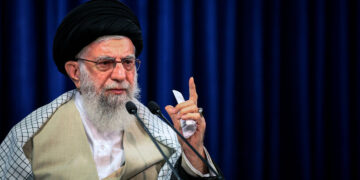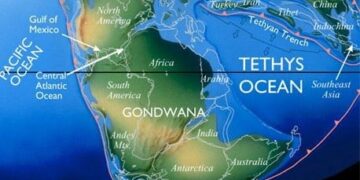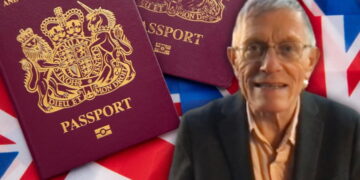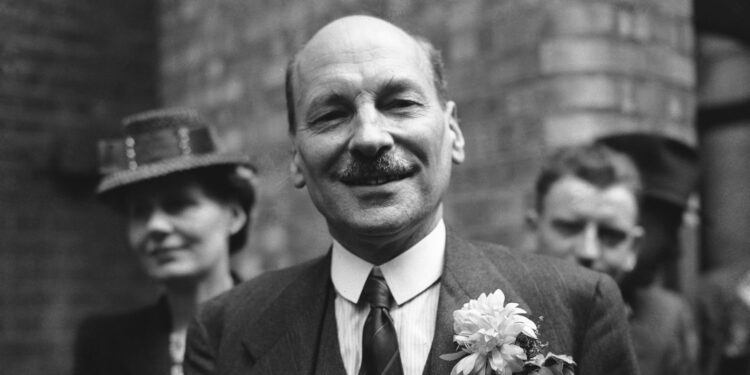Eighty years on from Labour’s landslide, the humanitarian crisis in Gaza brings Clement Attlee’s failure on Israel and Palestine to mind. In 1945, Clement Attlee’s Labour Party won a landslide victory in the UK general election, ushering in an era of social reform and welfare state development. However, Attlee’s government also played a significant role in the creation of the state of Israel and the ongoing conflict with Palestine.
Attlee’s government supported the 1947 United Nations Partition Plan for Palestine, which led to the creation of the state of Israel in 1948. This decision ignored the rights and aspirations of the Palestinian people, leading to decades of conflict and displacement. The recent humanitarian crisis in Gaza, with its devastating impact on civilians, is a stark reminder of the consequences of this historical failure.
The situation in Gaza is dire, with limited access to basic necessities such as food, water, and healthcare. The ongoing blockade imposed by Israel has exacerbated the crisis, leading to widespread poverty and suffering. The international community has called for an end to the blockade and for humanitarian aid to be allowed into Gaza, but the situation remains dire.
Attlee’s government’s failure to address the root causes of the Israel-Palestine conflict has had lasting consequences. The lack of a just and lasting solution has led to decades of violence and suffering for both Israelis and Palestinians. The recent escalation of violence in Gaza is a tragic reminder of the urgent need for a peaceful resolution to the conflict.
As we reflect on Attlee’s legacy eighty years on from Labour’s landslide, it is clear that his government’s decisions on Israel and Palestine continue to have far-reaching consequences. The humanitarian crisis in Gaza serves as a stark reminder of the importance of addressing the root causes of conflict and working towards a just and lasting peace in the region. It is essential that the international community takes action to end the suffering of civilians in Gaza and to support a peaceful resolution to the Israel-Palestine conflict.





























































